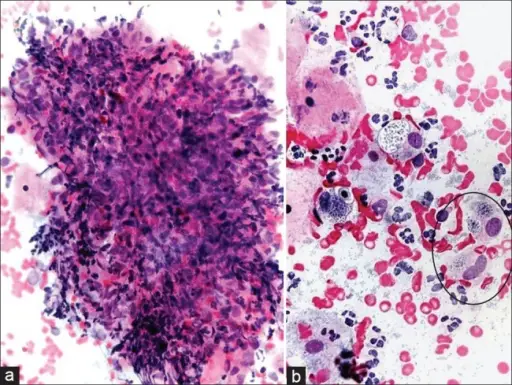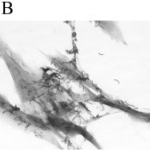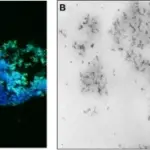Klebsiella granulomatis is Gram-negative, rod-shaped bacterium which cause the sexually transmitted disease granuloma inguinale or donovanosis.
What is the Pathology of Klebsiella Granulomatis?
The pathology of klebsiella granulomatis is:
-Etiology: The cause of klebsiella granulomatis is bacteria.
-Genes involved: Not applicable.
-Pathogenesis: The sequence of events that lead to klebsiella granulomatis is not well characterized but may be due to ingestion by macrophages.
-Morphology: The morphology associated with klebsiella granulomatis shows marked reactive changes in surface epithelium secondary to inflammation and ulceration; marked pseudoepitheliomatous hyperplasia adjacent to ulcer.
-Histology: The histology associated with klebsiella granulomatis shows round shaped gram negative bacteria, non-sporulated capsules measuring 0.5 to 2.0 μm.
How does Klebsiella Granulomatis Present?
Patients with klebsiella granulomatis typically are all genders at an age range of 20-40 years. The symptoms, features, and clinical findings associated with klebsiella granulomatis include foul-smelling genitals, sores, and erythema.
How is Klebsiella Granulomatis Diagnosed?
Klebsiella granulomatis is diagnosed by biopsy, and urine test.
How is Klebsiella Granulomatis Treated?
Klebsiella granulomatis is treated by antibiotics such as doxycycline.
What is the Prognosis of Klebsiella Granulomatis?
The prognosis of klebsiella granulomatis is good.



